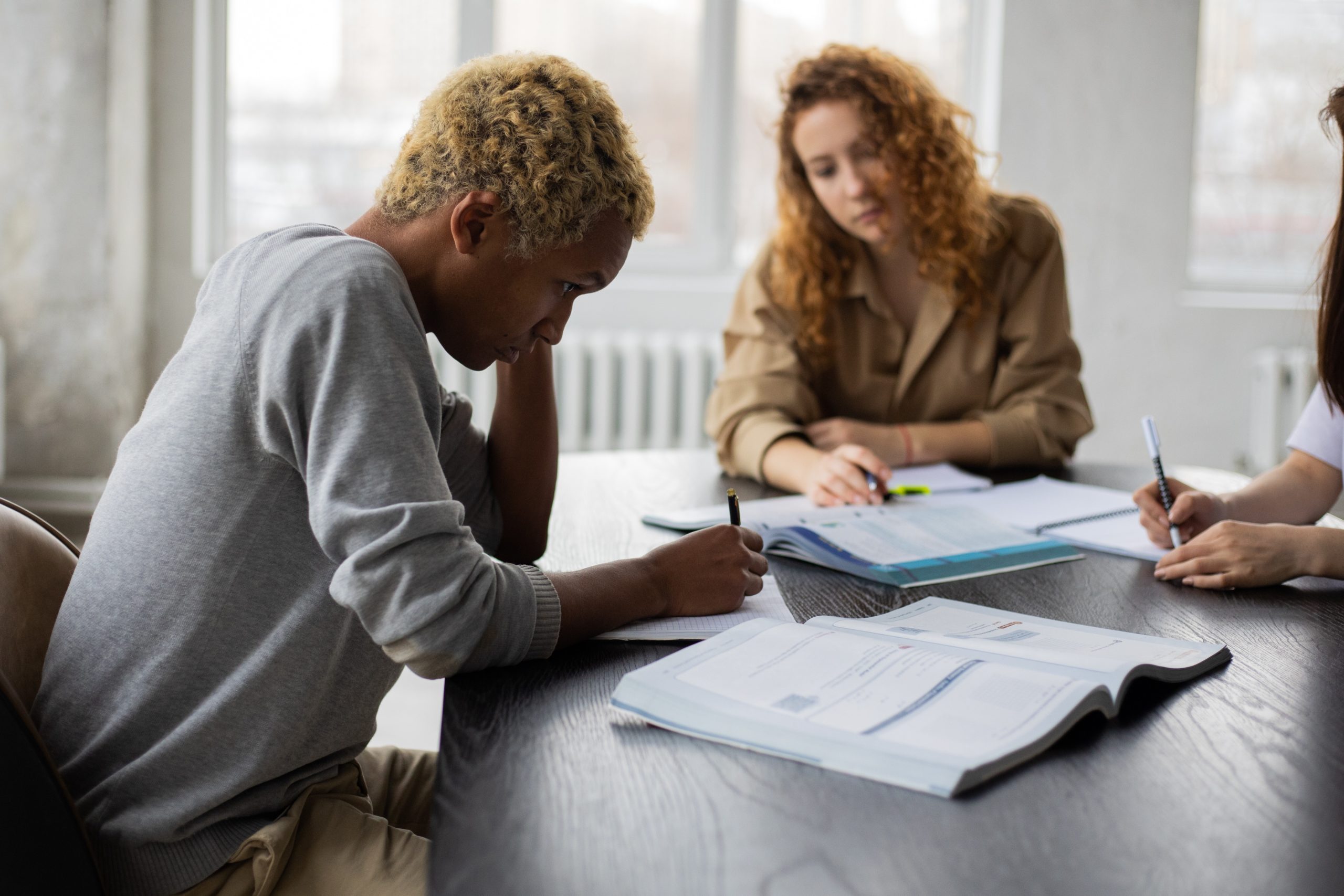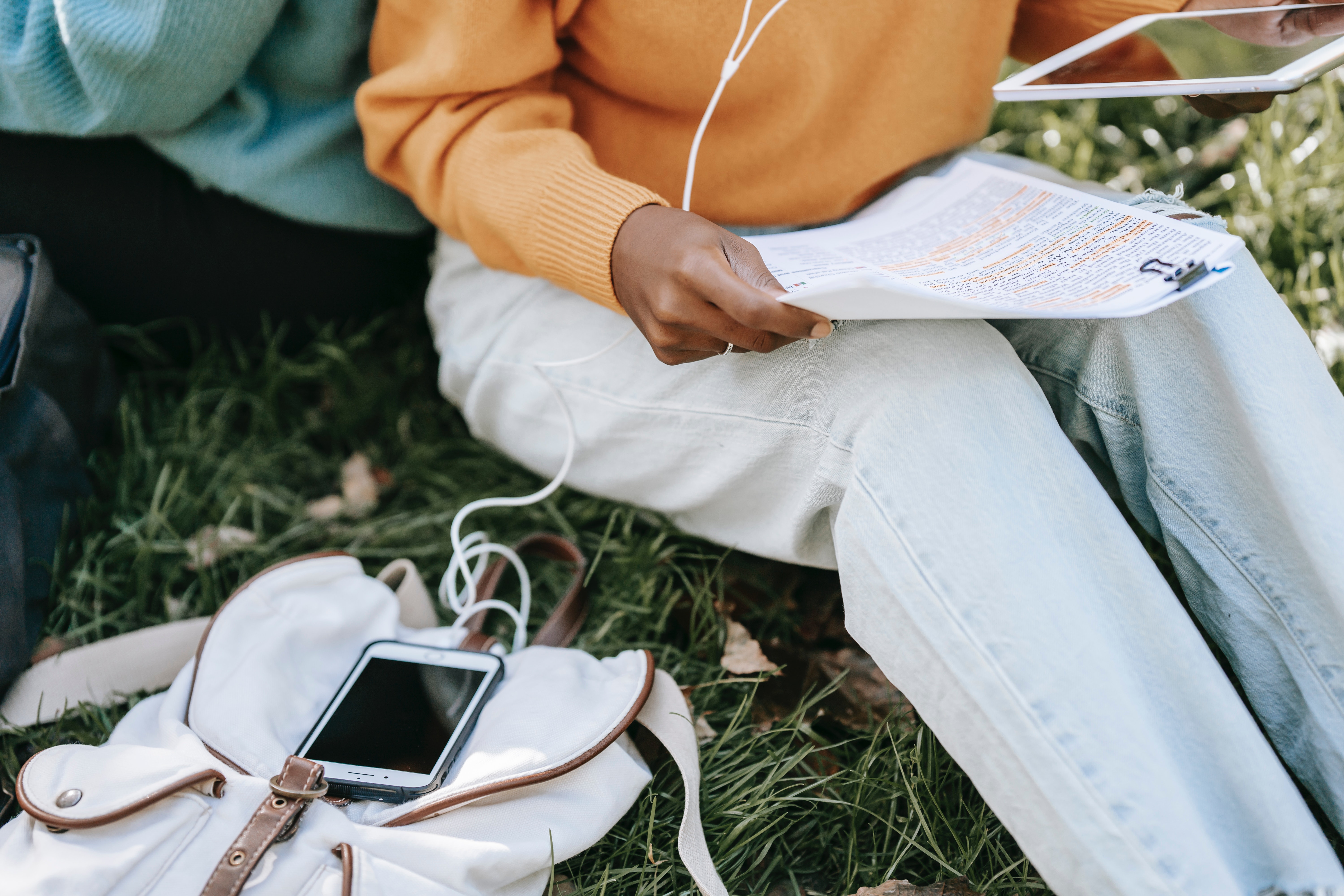What Do Parents Want Educators to Know as Students Return to School in the Fall?
Last year brokedown communication between students, educators, and parents, leaving us in the dark of how students experienced the pandemic and its repercussions. How do we create safe spaces for students who are experiencing financial hardship, racial tension, or fear of ongoing domestic terrorism?

Imagine it’s the first week of the 2021-2022 school year, but this year the typical back-to-school conversations have shifted. This year there’s a new demand for your expertise on a topic called “COVID-19 learning loss.”
Maybe it’s been over a year since you’ve seen students in a classroom. There are inevitable questions that you’ll have to answer: When was this IEP last updated? What traumatic events has this student experienced? What economic hardships have their family faced? Did this student lose a family member, neighbor, or friend to COVID-19?
There will be questions about students’ development that are positive too. In the year at home, did they finally figure out that Algebra formula? Did they discover a book that made them fall in love with reading? Did they see the scientific method come to life? Did they use history to escape their neighborhood and travel across the globe and throughout time?
If meeting students where they are was a challenge before a global pandemic, what is it now? Last year brokedown communication between students, educators, and parents, leaving us in the dark of how students experienced the pandemic and its repercussions. How do we create safe spaces for students who are experiencing financial hardship, racial tension, or fear of ongoing domestic terrorism? What solutions are most effective? Do we interrupt the student who’s thriving at a job they picked up during quarantine? Do we require all students to assimilate back into the tradition, regulations, and requirements of attending school? How can we harness this moment to rethink how we award diplomas because credits and seat time don’t account for the multitude of learners at our schools?

Finding the answers to all these questions demands honesty, vulnerability, and total collaboration with families. And it won’t happen automatically. As educators everywhere take a much-needed breath this summer after the hardest year of their careers, parents want them to know they are here to help and ready to be co-creators in the inception of new systems and approaches to education.
Parents likely spent the last school year spending much more time with their students during traditional school hours than previous school years. They have new insights about how to best support and plan with their child in mind, and their perspective matters more than ever.
Seven Asks from Parents to Educators as Schools Reopen
According to the National Parents Union (NPU), parents want to come to the table as thought partners in reimagining what individualized learning looks like in practice. Here’s what NPU believes parents want educators to know when their students return to school in the fall.
Teach my “whole child.” This is not just a call for edtech companies to increase the AI power of digital tools, for teachers to prioritize rigor over relationships or any other single mandate. Parents want their students to “bring their whole selves to school” in the same way they did at home.
Offer flexibility. Many families benefited and many students thrived because they were able to choose from hybrid, remote, and in-person options. This flexibility is about more than just student comfort. It is a new approach to how we think about how school fits into the lives of students—culturally, financially, and emotionally.

Make space for social-emotional learning. Students lost social interactions with peers and adults. Parents want educators to know that “learning loss” isn’t their only concern. Social and character-building opportunities are important too.
Build on new discoveries. Parents want educators to understand that many students learned new things about themselves during the pandemic. How can educators build upon the talents and skills they discovered during remote learning? We all know adults who explored gardening, baking bread, and running during shelter-in-place. It’s fair to assume that students engaged in just as many new hobbies. How do we embrace and amplify those new interests to help inspire the next generation of creators, thinkers, and problem-solvers?
Get to know students as individuals. Parents and educators recognize that all students will begin the next school year across a full range of skill levels and abilities. Similar to the Individualized Education Plans (IEPs) for students with special needs, educators likely need a customized plan to characterize where each student is, where they need to go, and what support they will need along the way. This plan could include notes from parents, former teachers, and classmates alongside a note from the student—a reflection on what they need as learners. Of course, test scores, GPA, and behavioral data would be included.

Care for students holistically. One thing is certain. The pandemic created a tsunami of trauma for students and we have to make sure to support them where they are at. We cannot neglect socio-emotional support from school counselors and social workers. Family therapists, doctors, and even religious leaders would be able to contribute to painting a complete picture of the “whole child” so that an educator knows the student from multiple perspectives and vantage points. In fact, XQ created a stress management badge to help students navigate the trials and pressures of being a teen today.
Keep the conversation with parents going. Parents are ready to re-engage but may not know how best to do so. Educators should open the lines of communication early and help parents understand what information is the most helpful and how best to share it.
While it will be a long time before anyone can fully understand the impact of the pandemic on public education, we have an opportunity to listen, learn, and apply those lessons right away. Insights like these from parents about their own students prove that collaboration is the key to unlocking these lessons now and into the future.









